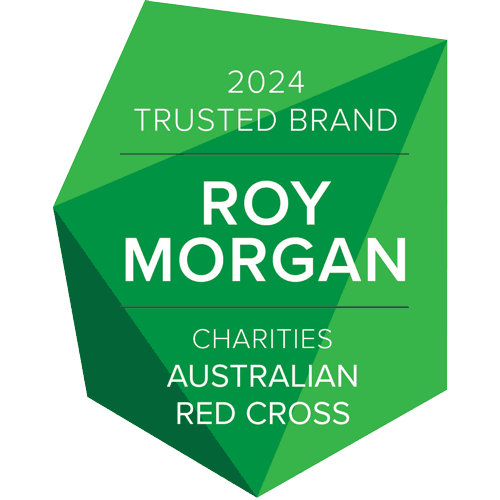Red Cross warns of urgent need to expedite aid as Afghanistan economy collapses
14 February 2022
Australian Red Cross is asking the Australian Government to fast track the remainder of its $100 million commitment in aid to Afghanistan and increase humanitarian assistance to the country.
Six months since the takeover of Kabul, Australian Red Cross says there has been a staggering increase in need across Afghanistan, with 24 million people struggling to survive.
“We have seen a 30% increase in the need for humanitarian assistance, since August last year,” Head of International Humanitarian Programs with Australian Red Cross Adrian Prouse said.
With nearly $10 billion (US) dollars in assets frozen by foreign governments and institutions, the banking system has shut down, salaries haven’t been paid and the public sector is collapsing.
“This is a man-made catastrophe. Essential services are on the brink of collapse and the people of Afghanistan, in particular the women and children, are bearing the brunt of harsh international policies that have placed the country into economic free fall,” Mr Prouse said.
“A business-as-usual approach from the international community won’t work for what is now the world's largest humanitarian crisis. We believe humanitarian assistance should never be conditional.”
Australian Red Cross is working with its partner, the International Committee of the Red Cross (ICRC), which has been operating in Afghanistan for 30 years. The ICRC has ramped up its support of 28 regional, provincial and university hospitals, paying staff and running costs, as well as providing critical medical supplies to prevent the total collapse of the health care system.
“Decades of conflict and violence are the baseline for most Afghans – not only are they dealing with the upheaval and loss that this has caused, but the new and urgent threats to their lives and livelihoods are fuelled by the economic and food crises gripping the country. We are determined to continue supporting Afghans,” ICRC Canberra Head of Mission, David Tuck said.
ICRC teams on the ground are providing cash payments to help female-headed households pay for food and essential household items; delivering fuel to hospitals, clinics, and water stations to ensure power supply and safe drinking water in Kabul, Kandahar, Ghazni, and Farah.
Families have been thrown into abject poverty, unable to afford food or fuel, with a million children now facing severe malnutrition.
“This is the changing face of the Afghanistan crisis. Its people cannot be abandoned when needs are highest,” Mr Prouse said.
“We thank the Australian public who have generously donated more than a million dollars to support Red Cross work in Afghanistan. The Australian Government must now make good on its commitment.”
Australian Red Cross, a humanitarian settlement provider, has already called on the Federal Government to boost its intake of refugees from Afghanistan by 20,000, emphasising the importance of reuniting family members separated in the crisis.
For media queries or interview requests, contact Sarah Farnsworth 0428 645 457 sfarnsworth@redcross.org.au or media@redcross.org.au or 1800 733 443
